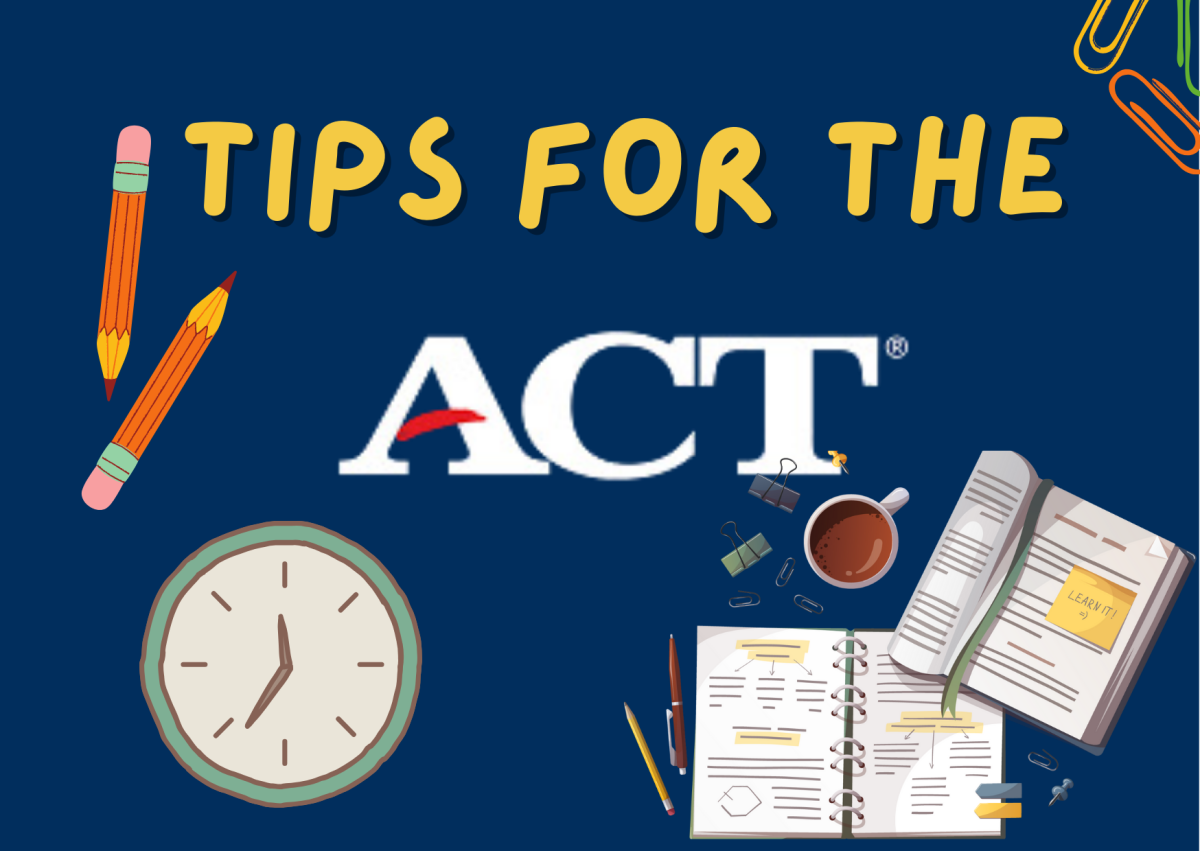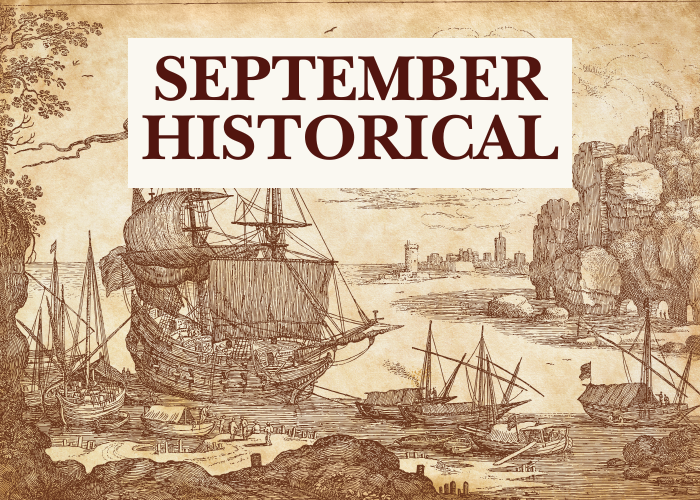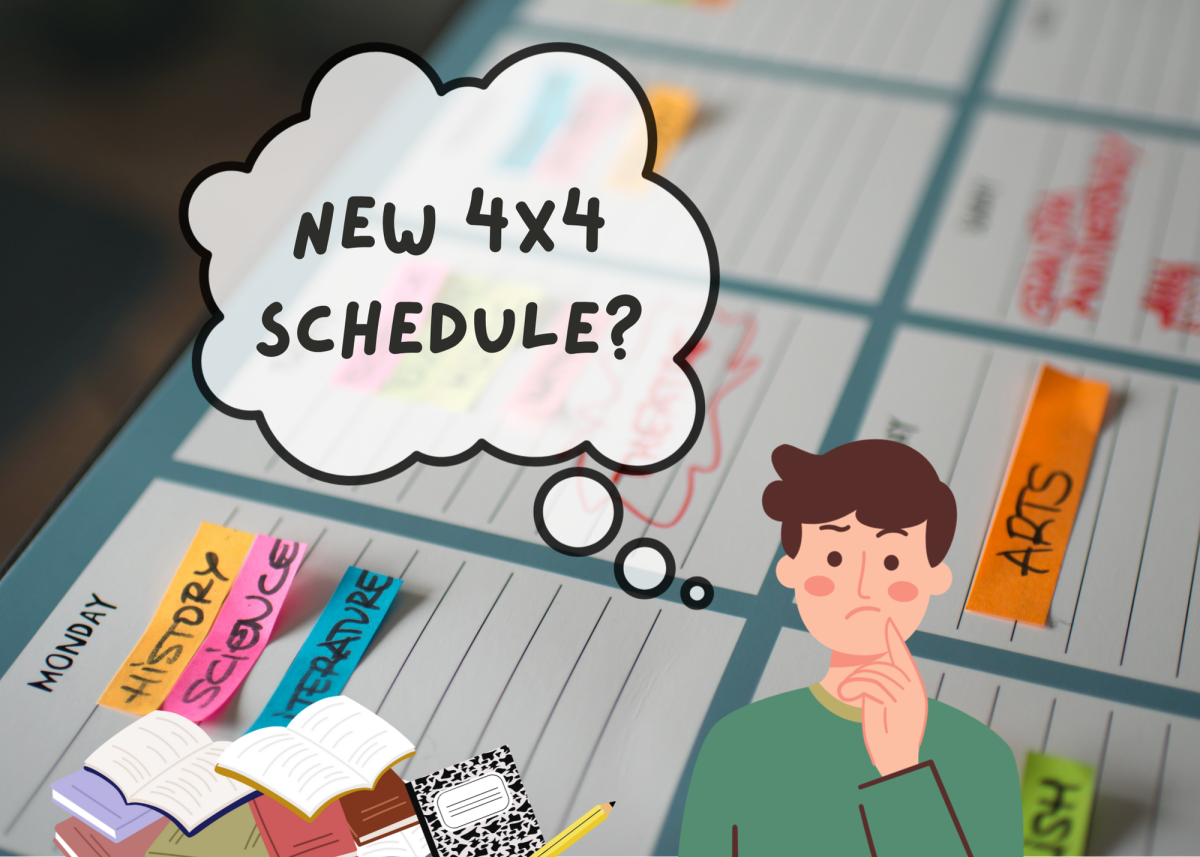If there’s one test that bears with it a particular stench of rigor, it’s the ACT. Taking approximately three hours to complete, it’s likely one of the longest exams you’ll do – and one of the most important, as higher scores equate to more money for college. It’s intimidating, that’s for sure, but anyone can do well on it. Ideally, this collection of ACT tips will help you out.
The ACT has four sections: English, Math, Reading and Science. Each section is important, so don’t ignore any of them. The entire exam is also scored cumulatively, meaning that an excellent English score won’t entirely invalidate an abysmal Math score. There’s also an optional Writing section, but relatively few schools require it. Check with your chosen colleges to see if it’s deemed necessary.
The ACT is a timed test, so managing your time is crucial. Pace yourself during each section, and don’t spend too much time on one question. If you get stuck, move on and come back later if you have time. Remember, missing one question doesn’t have a negative impact, so you’re better off guessing than leaving a bubble blank.
Practice the test, too. Being familiar with the layout and content makes the actual test less stressful. Take advantage of practice tests online or in study guides. There’s plenty of free content out there along with official ACT materials. And, while I can’t exactly give you a link, there’s a resource floating around on the internet: the “Gray Book,” a free compendium of hundreds of tests. This’ll help you get used to the format and types of questions you’ll encounter come test day.
Each sections’ questions vary in content. For example, the English section checks your grammar and writing skills, while the Math section covers arithmetic. Understanding what each section is looking for will help you prepare.
In the Math section, you’ll need to use some formulas. Make sure you’re familiar beforehand. On top of that, having a graphing calculator (TI-84, wink wink) will make this section substantially easier. It’s got a ton of functions that, if you know how to use them, can utterly trivialize the test. Write any formulas down on your scratch paper when you begin the Math section so you can refer to them if needed.
The Reading section tests your reading comprehension. Practice reading passages actively, underline important points, make notes and understand the main idea. And I really don’t recommend skimming – there’s at least a few fine points you’ll miss. Answering questions accurately will always be challenging due to the subjectivity of writing but go with your gut and don’t second-guess yourself.
Yeah, just try not to get stressed out. Just answer what you know and try to keep a quick pace,” says Ethan Broome, a Blackman senior who scored perfectly on the ACT, “and getting a good score will help get scholarships. I got the Buchanan Fellowship at MTSU.”
Don’t let the Science section scare you. It’s effectively a second reading section with more confusing terminology. It knows it isn’t hard and, to that end, tries to make itself seem tougher than it is. Don’t let yourself get overwhelmed by overly technical terms – the answer is always somewhere on the page. Focus on understanding graphs, charts and experimental setups to answer questions effectively.
I asked senior Cameron Sugden-Kundar, who scored a 34 on the ACT, for tips. His advice is: “Read the passages on the science portion. It’s a statement that’s been repeated constantly but is often ignored, especially when the mental fatigue from the other exams kicks in.”
Leading up to the test, make sure you get enough sleep, eat well and stay hydrated. A body and mind aligned will bolster your performance when it needs to count.
Finally, keep a positive attitude. Believe in yourself and your abilities. If a question seems tough, don’t let it shake your confidence. Move on and come back if you have time – but don’t let yourself get heated. Remember, the ACT is a chance to strut your stuff. With these tips, you’ll be better prepared to tackle the test and succeed. Good luck, and godspeed.
















